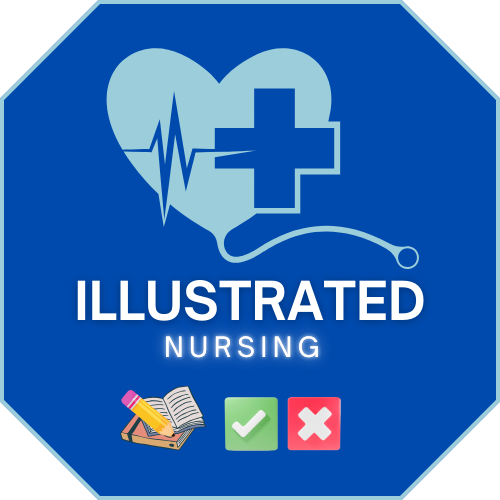
Thyroidectomy with life-long thyroid replacement
Thyroidectomy = Surgical Treatment

Thyroidectomy
Watch for thyroid storm after thyroidectomy because excessive T3 & T4 enters the bloodstream, causing severe hypertension, tachycardia, and elevated temperature

Hypocalcemia
Parathyroid is close to thyroid. It may have been damaged during surgery.

Laryngeal Nerve
Ask client to speak to check for laryngeal nerve damage after thyroidectomy

Respiratory Status
Swelling and hemorrhage can obstruct airway. Listen for stridor and have the tracheostomy tray at the bedside after thyroidectomy (PRIORITY)







































